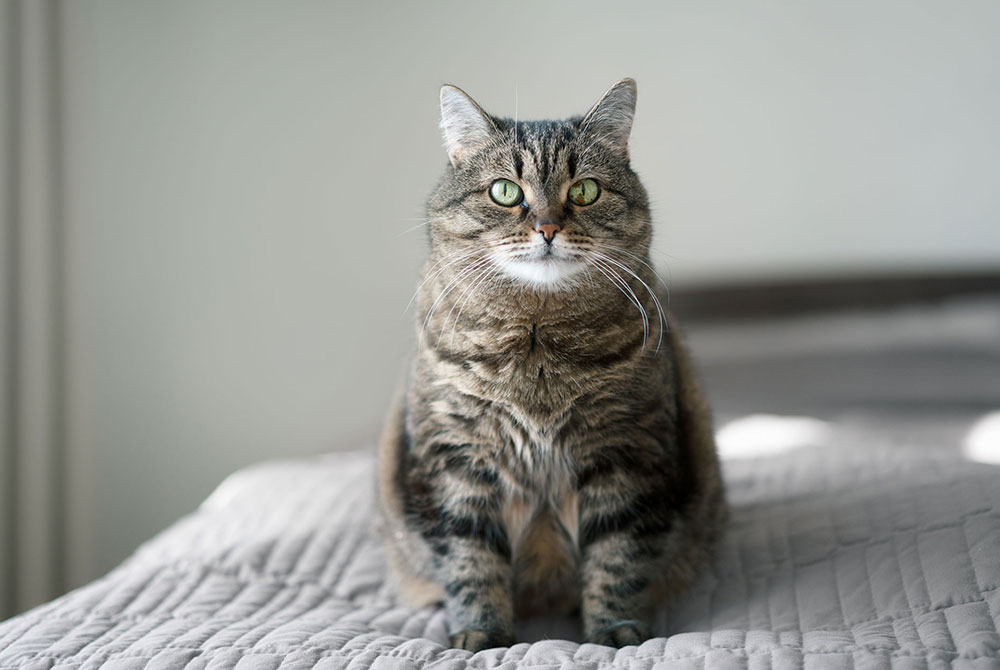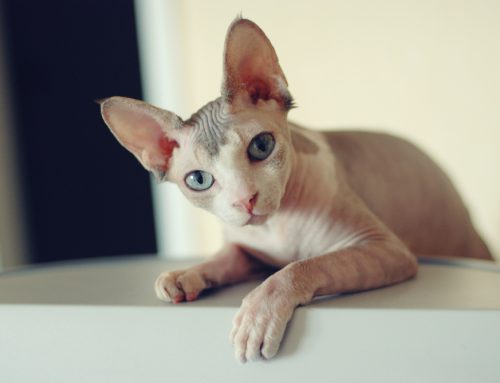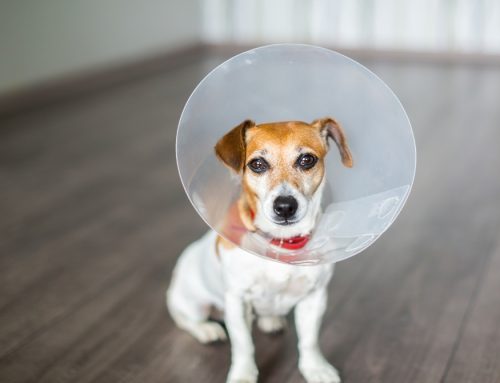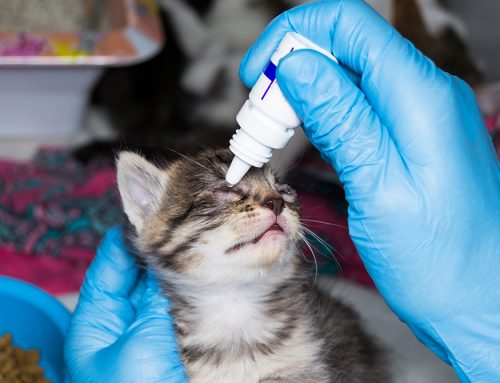Overview
Inflammatory Bowel Disease (IBD) in cats is a chronic condition characterized by inflammation of the gastrointestinal (GI) tract. This inflammation can affect various parts of the digestive system, including the stomach, intestines, and colon. IBD can cause a range of symptoms and may vary in severity from mild to severe.
Symptoms
The symptoms of IBD in cats can be subtle and may include:
- Chronic vomiting
- Diarrhea or irregular stool consistency
- Weight loss
- Decreased appetite
- Abdominal pain or discomfort
- Lethargy
Causes
The exact cause of IBD in cats is not well understood. However, it is believed to be related to an abnormal immune response to gastrointestinal antigens. Factors that may contribute to IBD include:
- Genetic predisposition
- Environmental triggers
- Dietary intolerances or allergies
- Chronic infections
Diagnosis
Diagnosing IBD involves a combination of clinical evaluation and diagnostic tests. The process may include:
- Physical Examination: Your veterinarian will perform a thorough examination of your cat and assess its symptoms.
- Blood Tests: These can help identify signs of inflammation, anemia, or other underlying issues.
- Fecal Examination: Testing for parasites or other abnormalities in the stool.
- Ultrasound or X-rays: Imaging may be used to evaluate the GI tract.
- Endoscopy or Biopsy: In some cases, a tissue sample from the GI tract may be necessary for a definitive diagnosis.
Treatment
Treatment for IBD in cats aims to reduce inflammation, manage symptoms, and improve the cat’s quality of life. Treatment options may include:
- Medications: Anti-inflammatory drugs, corticosteroids, or immunosuppressive medications may be prescribed.
- Dietary Changes: Special diets or hypoallergenic foods may be recommended to manage food sensitivities or allergies.
- Probiotics: Supplements that support gastrointestinal health may be beneficial.
Management
Managing IBD in cats often involves ongoing monitoring and adjustments to treatment. Regular veterinary check-ups are essential to assess the effectiveness of the treatment and make necessary changes.
When to Seek Help
If you notice any signs of gastrointestinal distress or changes in your cat’s health, it is important to seek veterinary care promptly. Early intervention can help manage the condition more effectively.
Contact Us
For more information or to schedule a visit, please contact Mission Veterinary Clinic, located in the San Fernando Valley at:
Address: 16915 San Fernando Mission Blvd, Granada Hills, CA 91344
Phone Number: 818-363-8143
Please note that we are an urgent care facility that operates on a walk-in basis and does not take appointments. We are open 7 days a week from 9 AM to 11 PM.
If you have concerns about your cat’s health, don’t hesitate to visit us for immediate care.










Leave A Comment